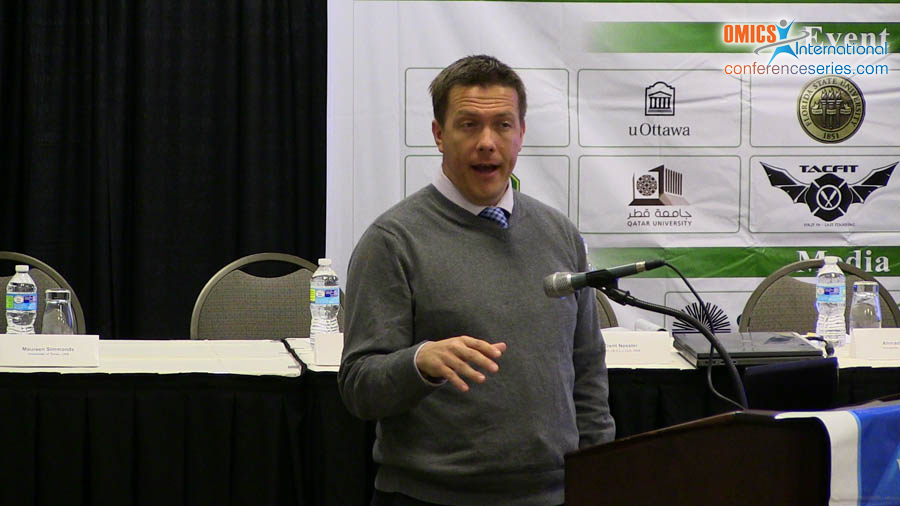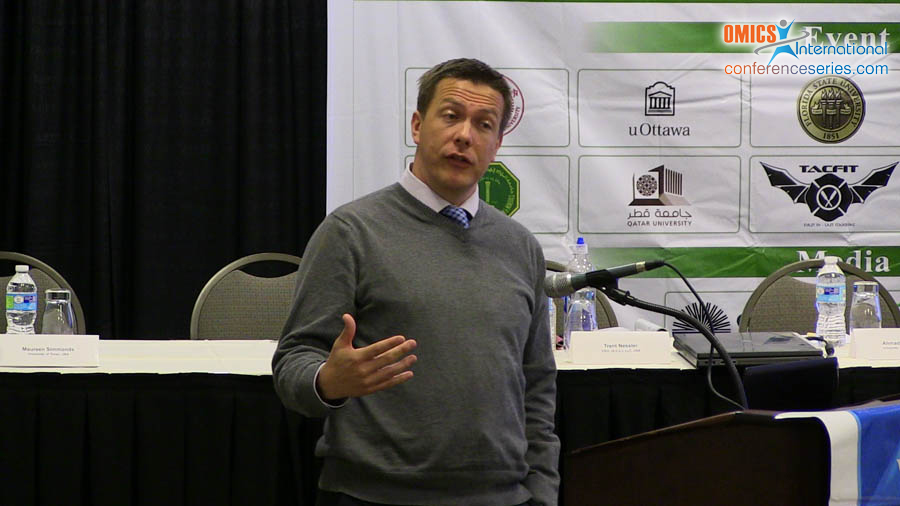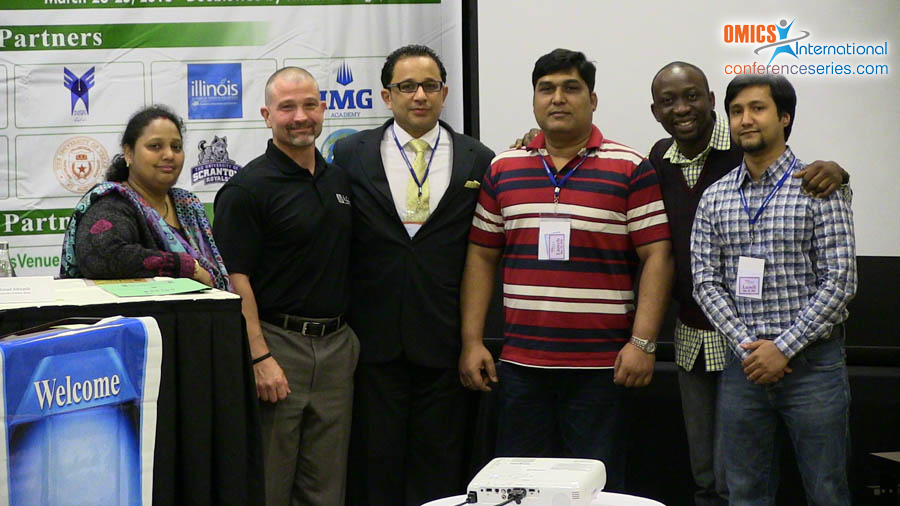
Ruben Goebel
Qatar University, Qatar
Title: Impact of Ramadan on recovery-stress states of female professional basketball players
Biography
Biography: Ruben Goebel
Abstract
Ramadan is a period of complete abstinence from solid nutrients and liquids from sunset to sunset for a period of one month. While Ramadan is thought to have only minor effects on the general population, this kind of intermittent fasting may lead to severe effects in athletes’ psycho-physical functioning, such as coping with stress or maintaining particular recovery strategies. Thus the aim of this study was to assess the influence of Ramadan intermittent fasting on recovery-stress states of professional athletes. 18 female professional basketball players (Aged 18-34) participated in this ethically approved study. Participants responded to a standardized recovery-stress questionnaire for athletes (RESTQ-52) on three different occasions 1) three days prior to Ramadan, 2) every Wednesday during Ramadan and 3) three days after Ramadan (RESTQ-52). The RESTQ-52 questions comprised 52 items about athletes’ recovery-stress states on 19 different scales such as emotional exhaustion, fatigue, social relaxation, well-being, or sleep quality. Results revealed significant effects of Time (prior to Ramadan, during Ramadan, post Ramadan) on Social Relaxation, F (2, 34)=4.12, p=0.02, and Emotional Exhaustion, F (2, 34)=3.60, p=0.04. Basketball players felt more emotionally exhausted during and after Ramadan. In addition, they felt less socially relaxed during and after Ramadan. We conclude that an increased state of emotional exhaustion together with a decreased social relaxation is likely to reduce athletes’ psycho-physical functioning and may thus hamper (sport) performance. Interventions with a particular focus on psychosocial and emotional aspects may be most advisable for coaches to apply during and after Ramadan, especially if they work with professional athletes.



